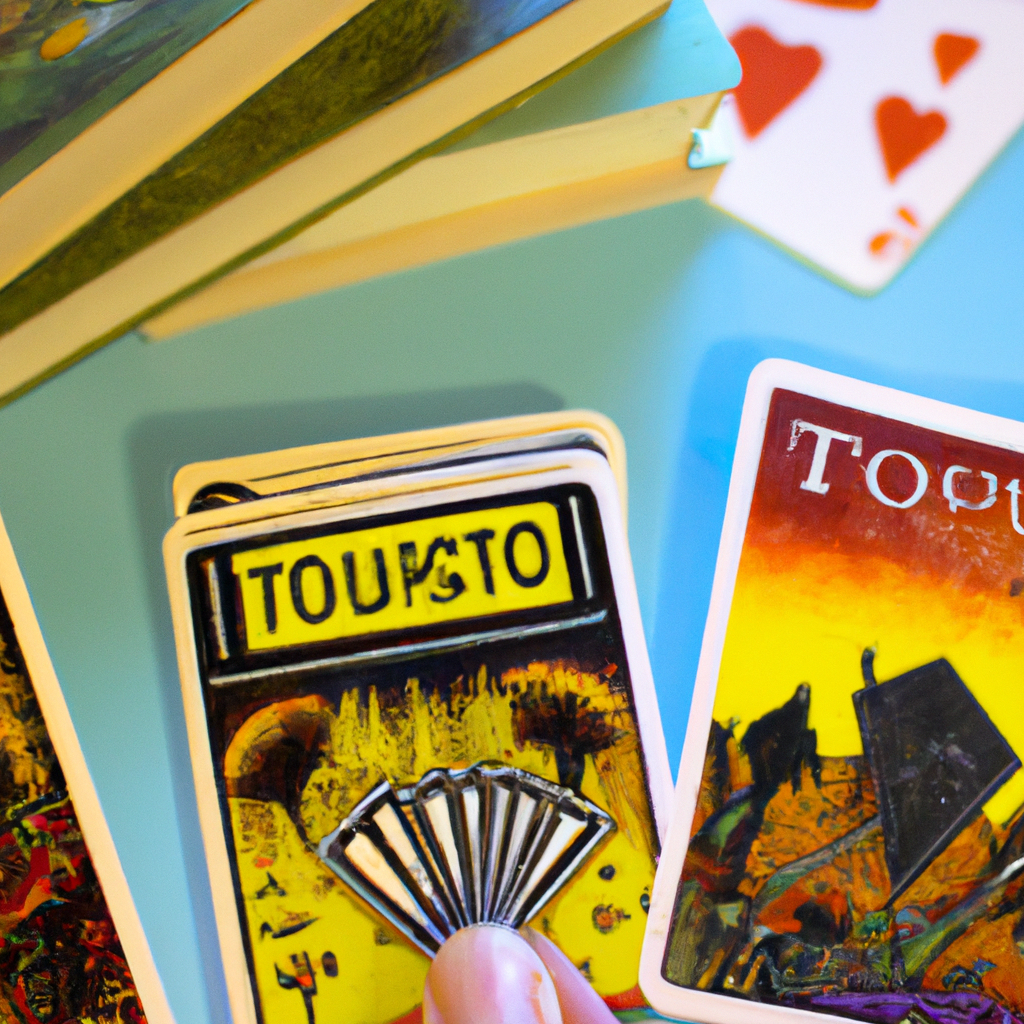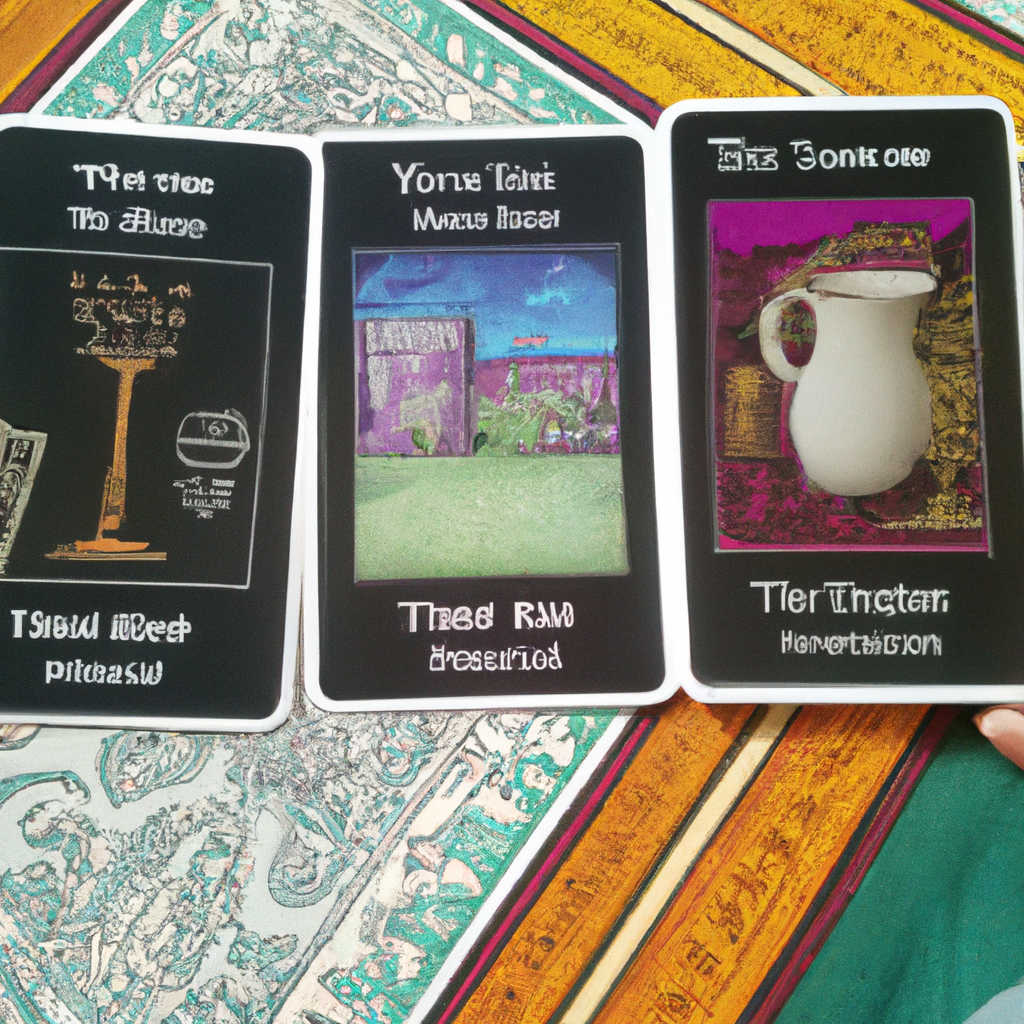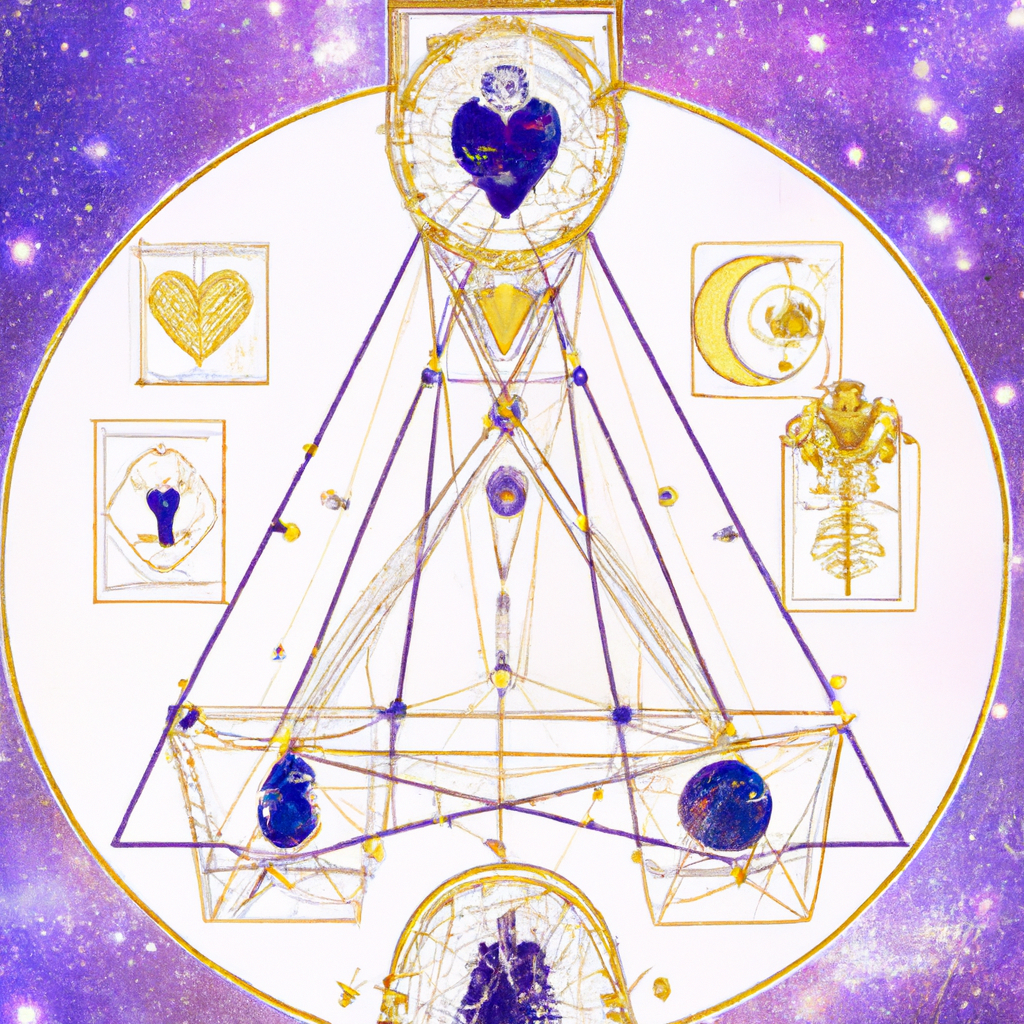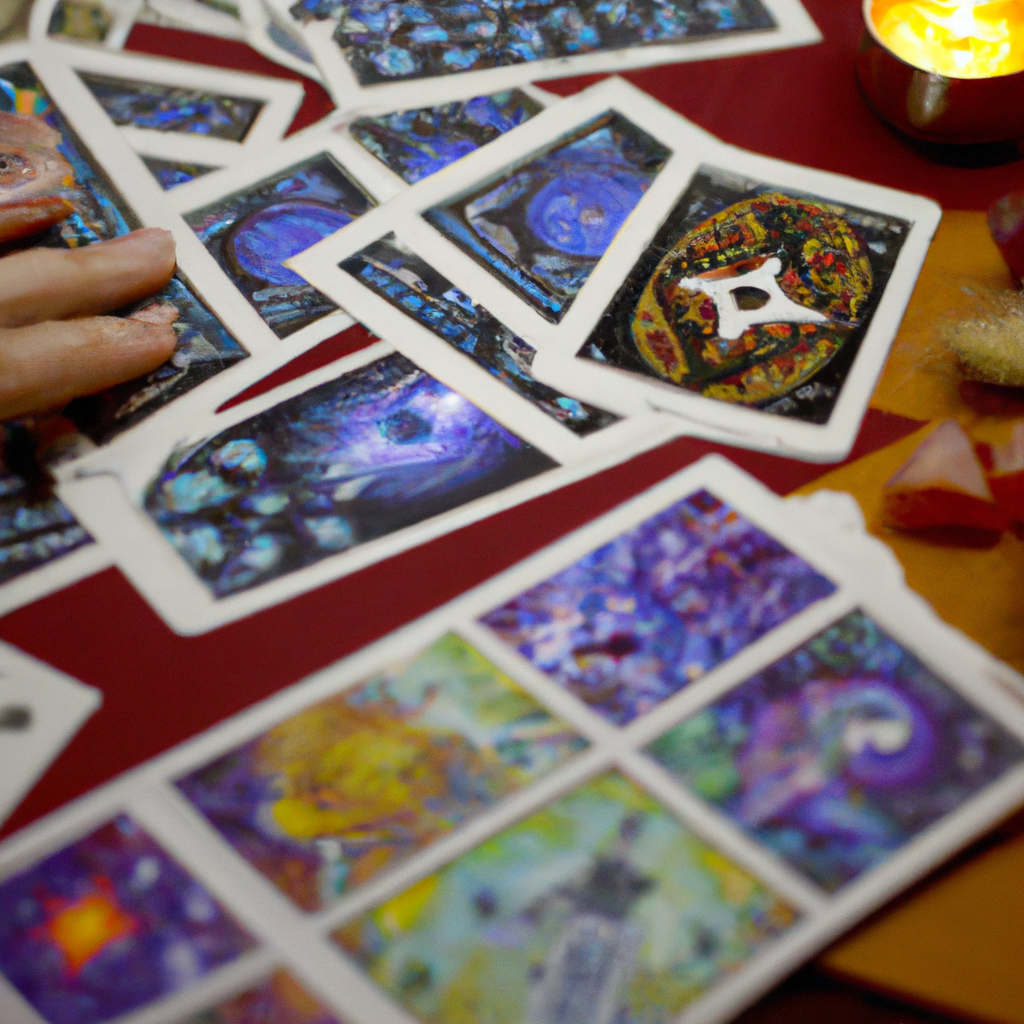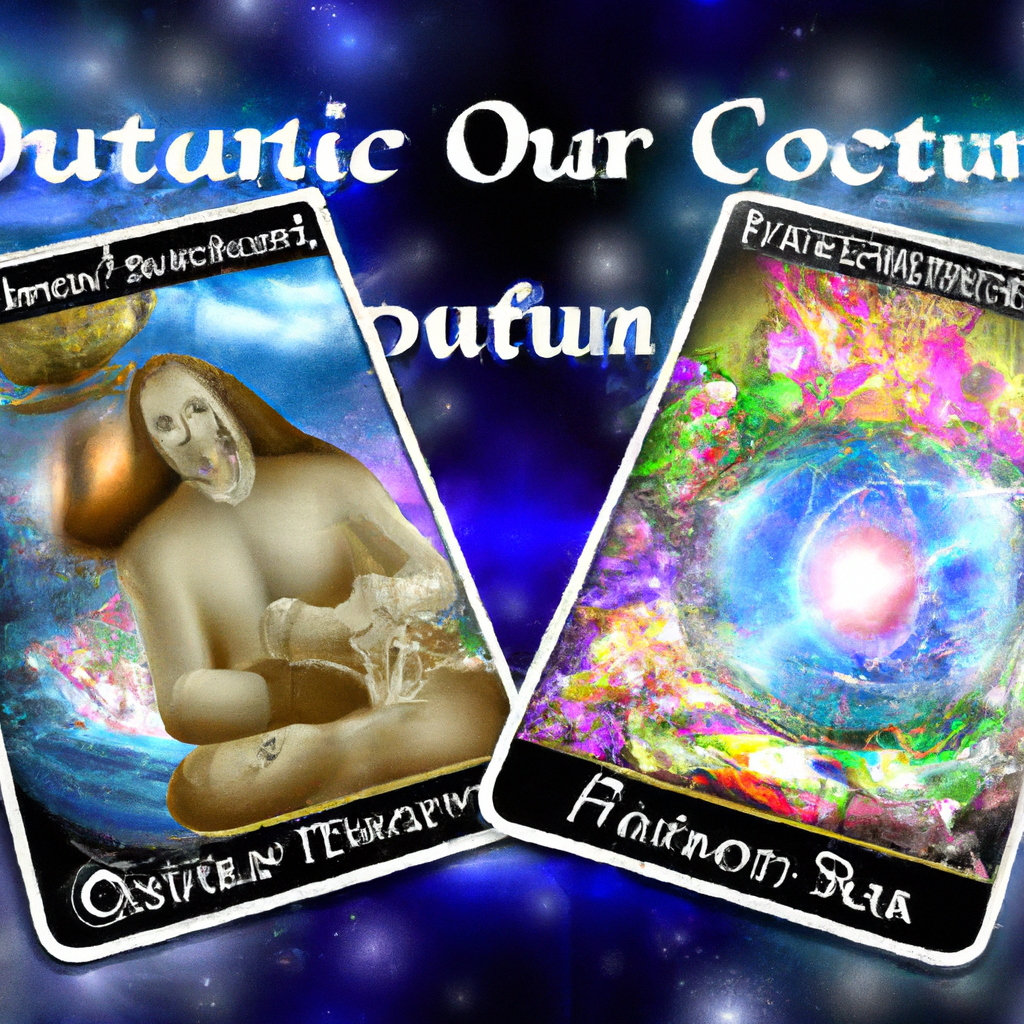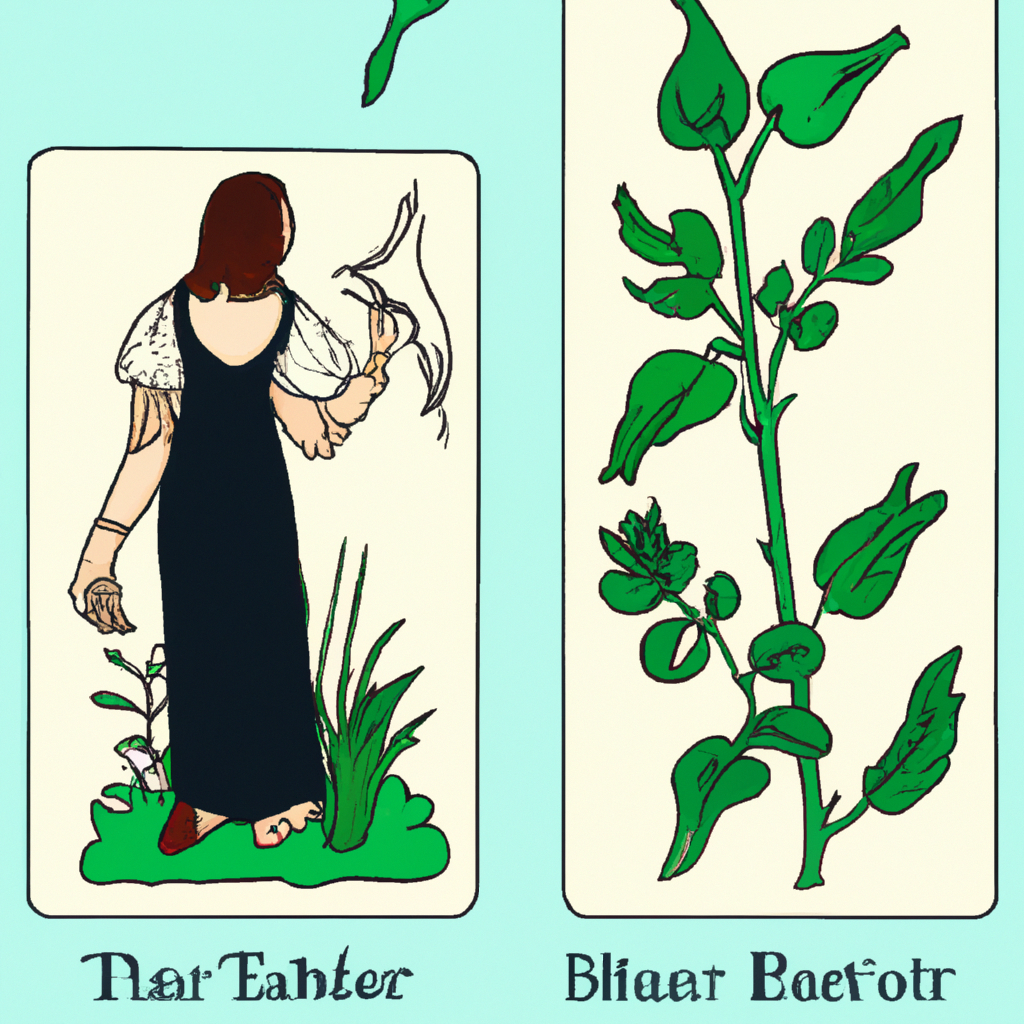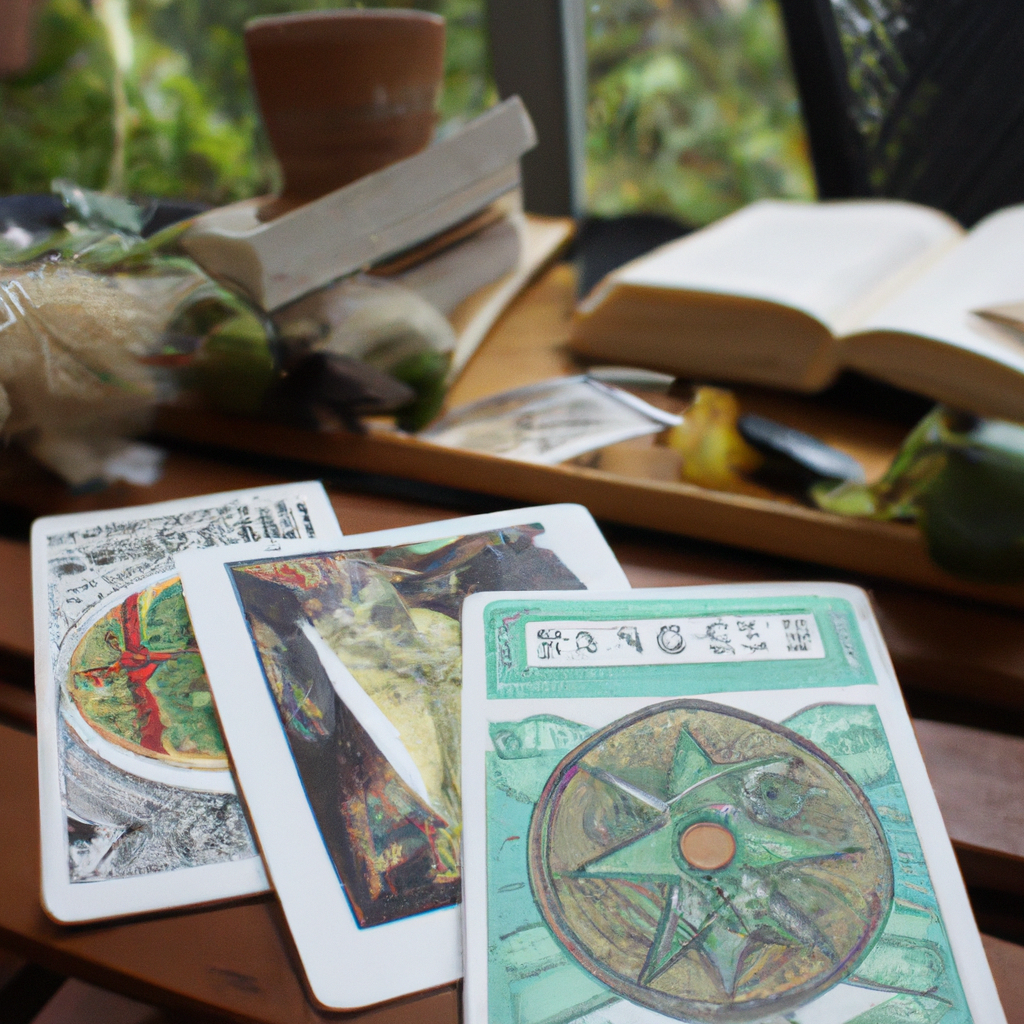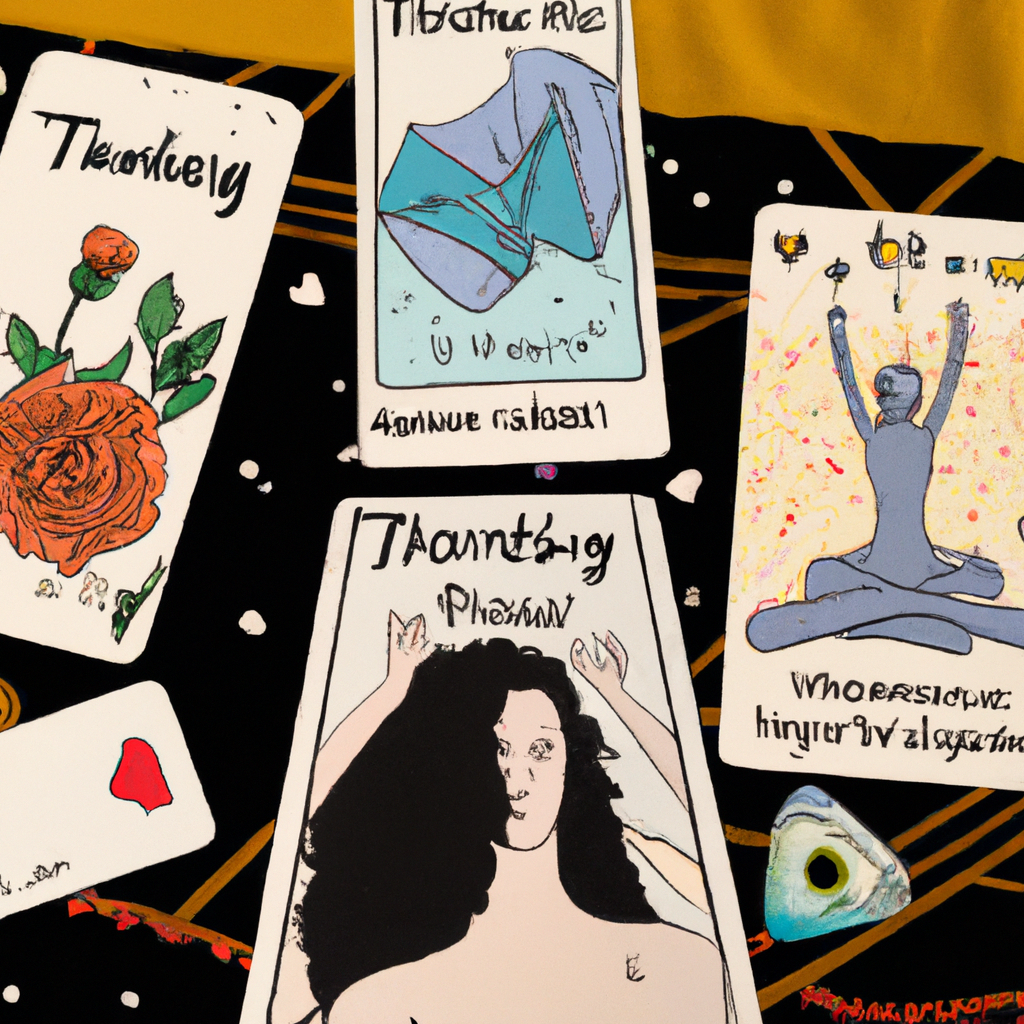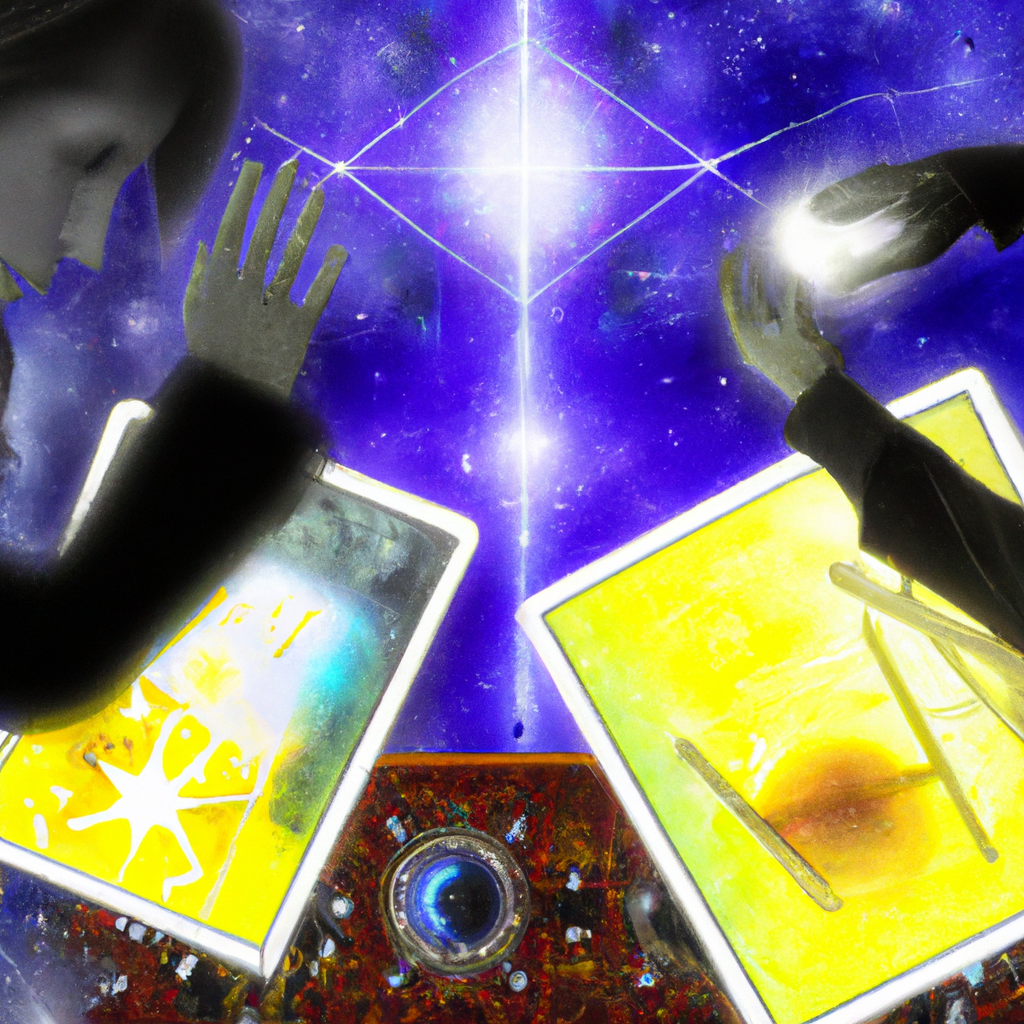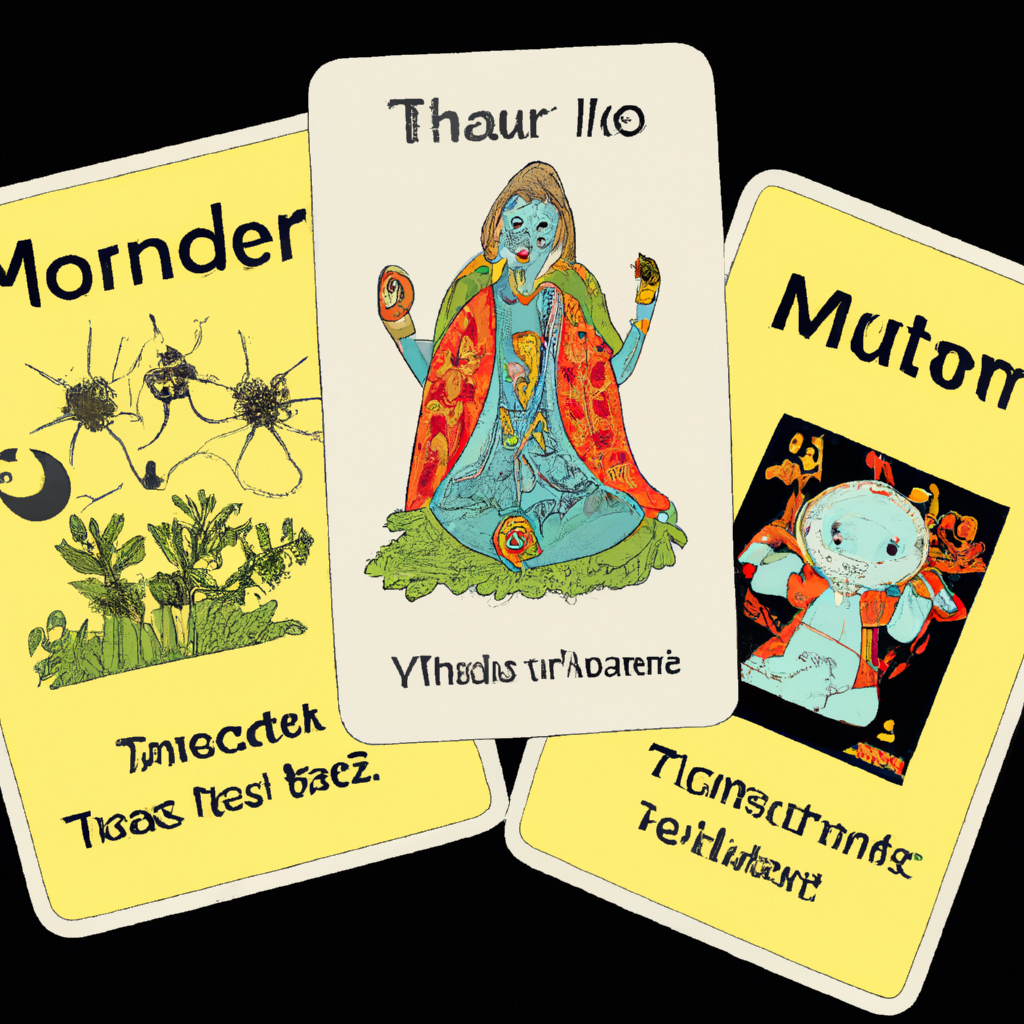Shopping Cart.
No products in the cart.
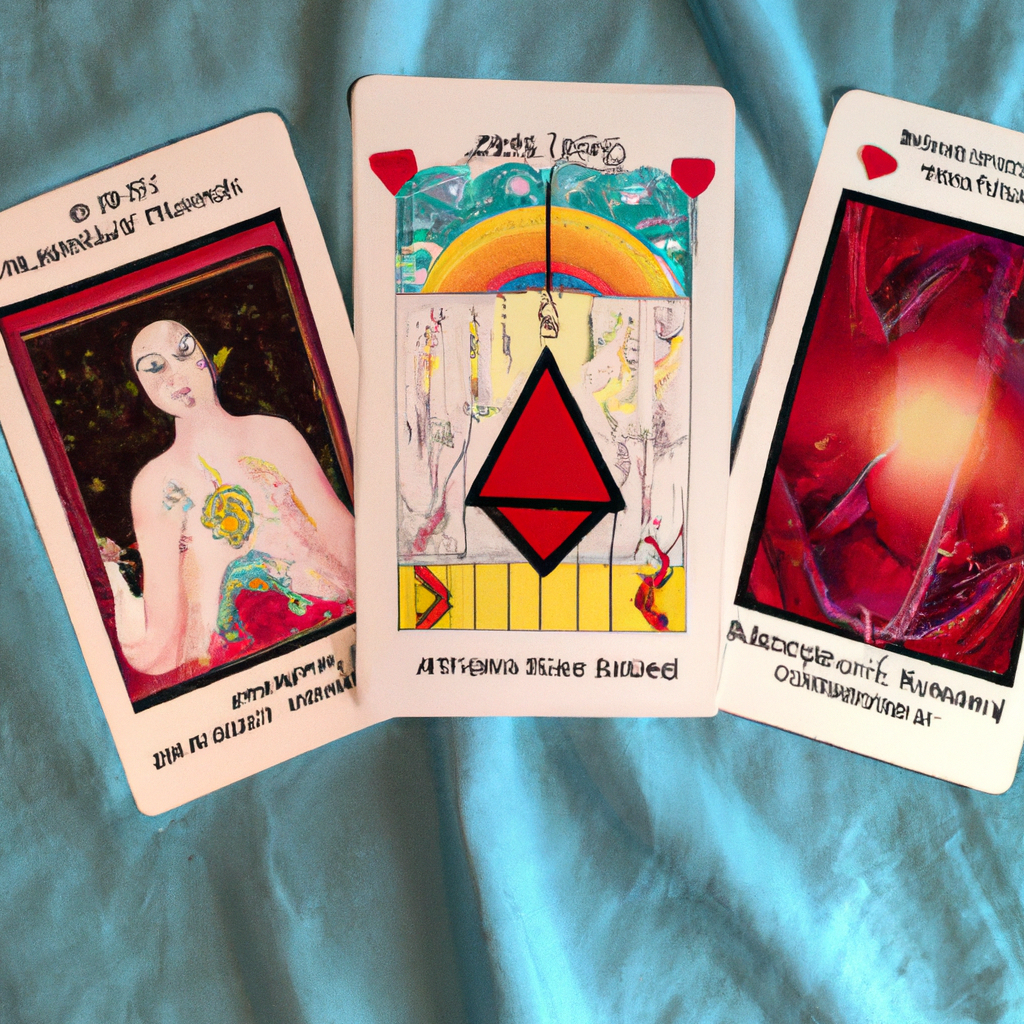
Tarot for empaths is like a compass in a stormy sea, a guiding light that illuminates the path to self-discovery and personal growth. As empaths, we are gifted with the ability to sense and absorb the emotions and energies of those around us. This heightened sensitivity, while a blessing, can sometimes feel overwhelming. But fear not, fellow empaths, for the ancient art of tarot reading can be a powerful tool in navigating our unique emotional landscapes.
Imagine, if you will, a bustling city street. The air is thick with the emotions of hundreds of people, each with their own stories, hopes, and fears. As an empath, you’re not just a bystander in this scene; you’re a part of it, feeling every joy, every sorrow, every frustration as if they were your own. It’s like being in a crowded room where everyone is talking at once, and you can hear every single conversation. It can be exhausting, can’t it? But what if you had a way to filter out the noise, to focus on what truly matters to you? That’s where tarot comes in.
Tarot cards are like a mirror, reflecting back to us the hidden depths of our own hearts and minds. They help us to understand our feelings, to make sense of the whirlwind of emotions that we experience as empaths. Each card in the tarot deck has its own unique symbolism, its own story to tell. And as we learn to interpret these stories, we can start to see patterns, to identify the recurring themes in our own lives.
Let’s take, for example, the Fool card. In traditional tarot interpretation, the Fool represents new beginnings, spontaneity, and stepping into the unknown. As an empath, you might draw this card when you’re about to embark on a new journey, whether it’s a physical journey to a new place or a spiritual journey into the depths of your own soul. The Fool encourages you to embrace the unknown, to trust in your intuition and your ability to navigate the emotional landscape.
But tarot isn’t just about understanding our own emotions. It’s also about understanding the emotions of others. As empaths, we often find ourselves drawn into other people’s emotional dramas, feeling their pain as if it were our own. The tarot can help us to navigate these situations with grace and compassion. For instance, if you draw the Five of Cups, a card associated with loss and grief, it might be a sign that someone close to you is going through a difficult time. The card encourages you to offer your support, but also to remember to protect your own emotional boundaries.
In the end, tarot for empaths is about balance. It’s about learning to navigate the emotional seas without losing ourselves in the process. It’s about understanding our own emotions, and those of others, without becoming overwhelmed. And most importantly, it’s about using our unique gifts as empaths to bring healing and understanding to the world around us.
So, fellow empaths, I encourage you to explore the world of tarot. It’s a journey of self-discovery, of personal growth, and of deep emotional understanding. And who knows? You might just find that the tarot is the compass you’ve been looking for.
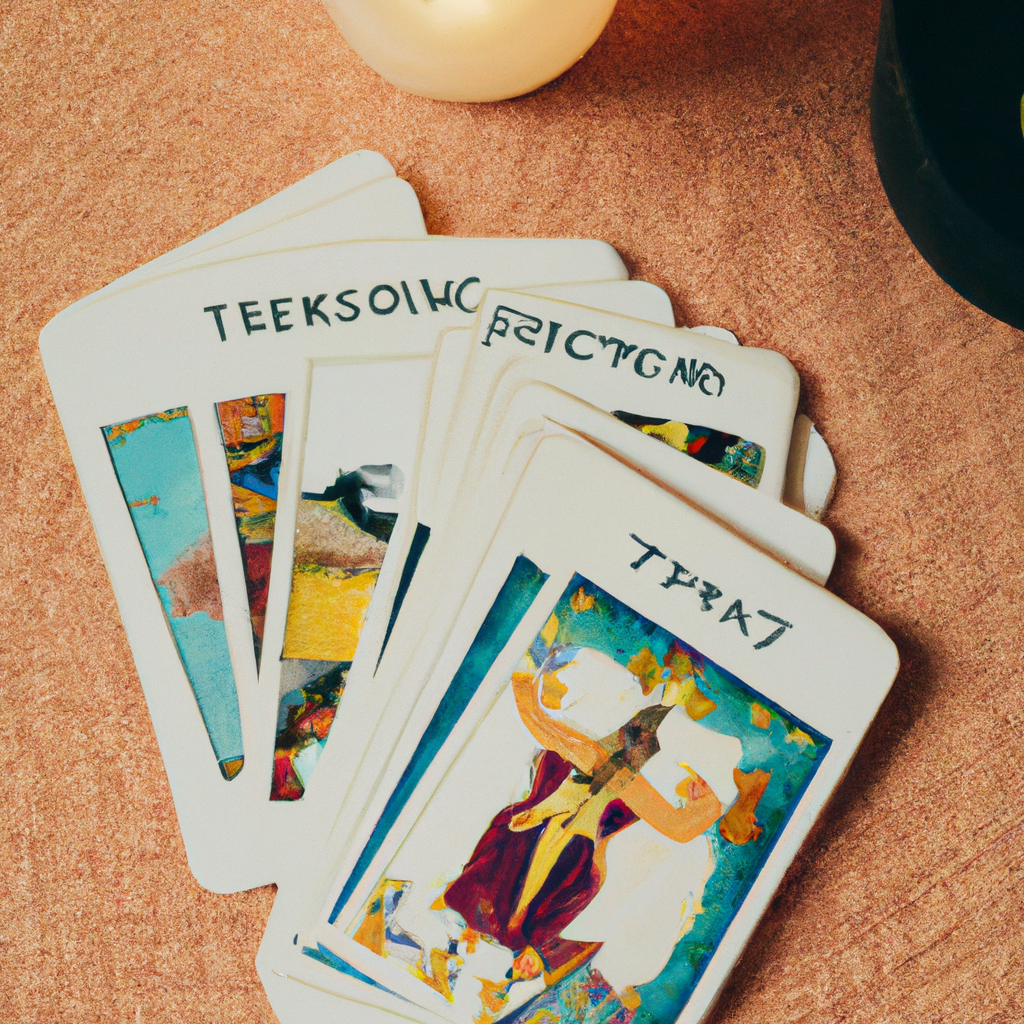
Tarot for empaths can be a powerful tool, a guiding light in the often overwhelming sea of emotions and energies that empaths naturally pick up from the world around them. As an empath myself, I’ve found that tarot cards have become an essential part of my daily routine, helping me to navigate my sensitivity and hone my intuition.
I remember the first time I held a tarot deck in my hands. The cards felt heavy with meaning, each one a vibrant tapestry of symbols and images. I was immediately drawn to their mystery, their promise of hidden knowledge. But as an empath, I also felt a deep, almost overwhelming connection to the energies embedded in the cards. It was as if I could feel the emotions and experiences of all those who had held them before me.
At first, this intensity was daunting. I worried that my sensitivity would make tarot reading too overwhelming, that I would lose myself in the sea of emotions the cards stirred up. But over time, I learned to balance my sensitivity with my intuition, to use the cards not as a mirror for my own emotions, but as a guide to understanding them.
One of the key lessons I learned was to approach each reading with a clear intention. Before I even shuffle the deck, I take a moment to ground myself, to center my energy and focus my mind. This helps to create a protective barrier between myself and the energies of the cards, allowing me to approach each reading with a sense of calm and clarity.
I also learned to trust my intuition, to listen to the subtle nudges and whispers that guide me towards certain cards. As an empath, it’s easy to get caught up in the emotions of others, to lose sight of our own inner voice. But tarot has taught me to tune into that voice, to trust it as a reliable guide through the emotional landscape.
Another important aspect of tarot reading for empaths is learning to interpret the cards in a way that resonates with our unique sensitivity. Each card in the tarot deck has a traditional meaning, but as empaths, we often pick up on subtler, more nuanced messages. For example, while the Death card traditionally symbolizes endings and transformations, as an empath, I might feel a deeper sense of grief or loss associated with this card. By acknowledging these feelings and incorporating them into my readings, I’ve found that I can gain a deeper, more personal understanding of the cards.
Finally, I’ve found that regular practice is key to balancing sensitivity and intuition in tarot reading. Just like any skill, the more you practice, the better you get. And for empaths, this practice can be a powerful form of self-care, a way to connect with our inner selves and navigate our sensitivity in a healthy, balanced way.
So, if you’re an empath who’s been intrigued by tarot but worried about the intensity of the experience, I encourage you to give it a try. Approach it with an open mind and a clear intention, trust your intuition, and don’t be afraid to interpret the cards in a way that resonates with you. You might just find that tarot is the guiding light you’ve been searching for.
Tarot for empaths is like a compass in a stormy sea, a guiding light that illuminates the path to emotional healing and clarity. As an empath myself, I’ve found solace and guidance in the mystical world of tarot cards. The journey hasn’t always been easy, but it’s been rewarding in ways I could never have imagined.
Empaths, by nature, are highly sensitive individuals who absorb the emotions and energies of those around them. This heightened sensitivity can often lead to emotional overwhelm, making it difficult to distinguish our own feelings from those we’ve absorbed from others. It’s like trying to listen to a soft melody in the midst of a bustling city; the noise can be deafening. But, just as a musician can tune out the noise to hear the melody, so too can empaths learn to navigate their sensitivity. And this is where tarot comes into play.
Tarot cards, with their rich symbolism and archetypal imagery, serve as a mirror to our subconscious. They reflect our innermost thoughts, feelings, and fears, helping us to understand and process them. For empaths, this can be a powerful tool for emotional healing.
I remember the first time I used tarot for this purpose. I was feeling particularly overwhelmed, unable to shake off the negative energy I’d absorbed from a heated argument between friends. I shuffled my deck, asking for clarity and guidance, and drew the Star card. The image of a woman pouring water into a stream under a starlit sky resonated deeply with me. It spoke of healing, hope, and the need to cleanse and replenish my energy. It was a gentle reminder that it was okay to step back, to take care of myself. That single card reading was a turning point for me, a moment of profound clarity amidst the emotional chaos.
But tarot isn’t just about healing; it’s also about empowerment. As empaths, we often feel at the mercy of our environment, swept up in the emotional currents of those around us. Tarot can help us reclaim our power. Each card in the deck holds a lesson, a piece of wisdom that can guide us in our daily lives. The Strength card, for instance, reminds us that true strength comes from within, that we have the power to overcome any challenge with compassion and understanding. The Hermit card encourages us to seek solitude, to turn inward and listen to our inner voice.
Using tarot as a tool for emotional healing and clarity is a journey, not a destination. It’s about learning to navigate our sensitivity, to tune into our intuition, and to trust in our ability to heal and grow. It’s about finding balance amidst the chaos, peace amidst the noise.
So, if you’re an empath feeling lost in the sea of emotions, I encourage you to explore the world of tarot. Shuffle the deck, draw a card, and let the journey begin. You might be surprised at the wisdom and guidance you’ll find within those 78 cards. Remember, the tarot is not there to predict your future, but to help you create it. And as an empath, you have the unique ability to tap into the emotional depth of the cards, to truly understand and embody their messages. So, embrace your sensitivity, for it is your greatest strength. And let the tarot guide you on your journey to emotional healing and clarity.
Tarot for Empaths provides a unique and insightful tool for individuals with heightened sensitivity to navigate their emotions and experiences. The cards offer a visual and symbolic language that can help empaths understand their feelings and situations better. They can serve as a mirror to the subconscious, allowing empaths to tap into their intuition and gain clarity. Therefore, Tarot can be a powerful and beneficial tool for empaths in managing their sensitivity and understanding their unique emotional landscape.
